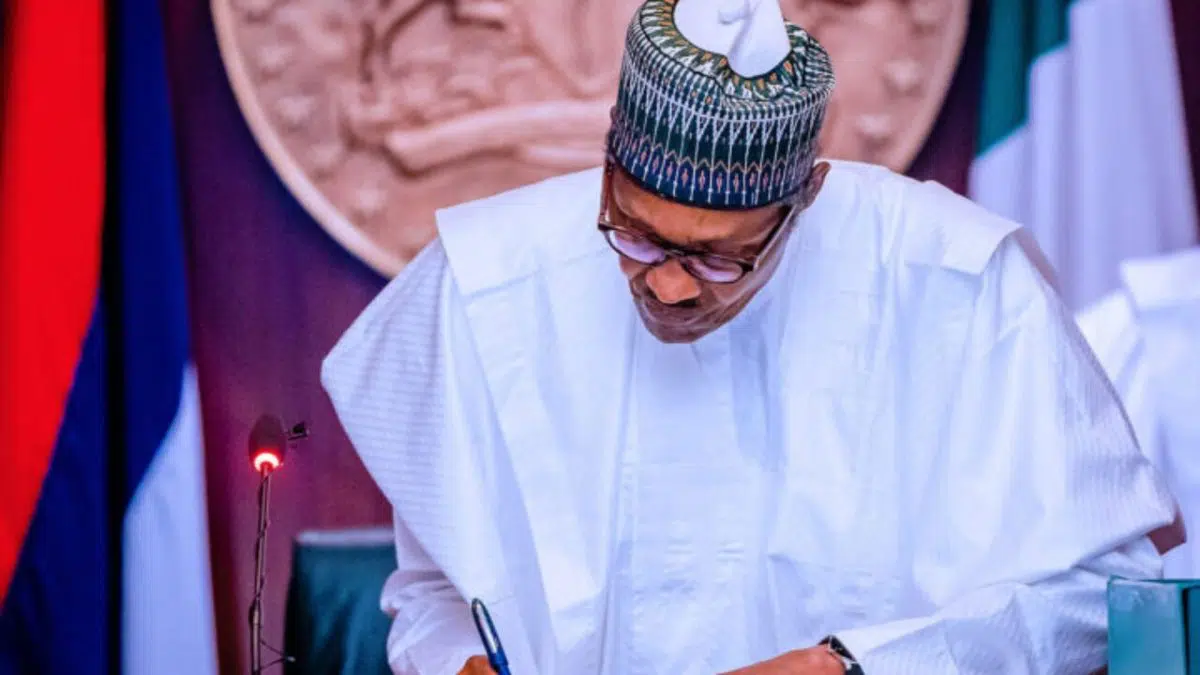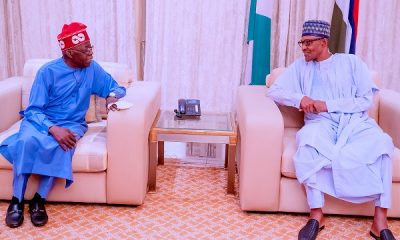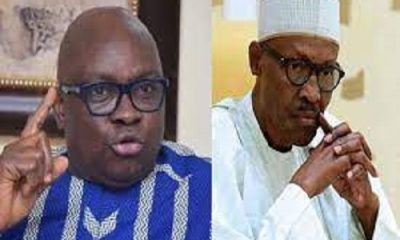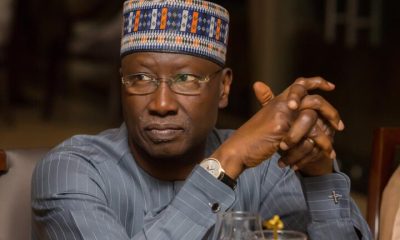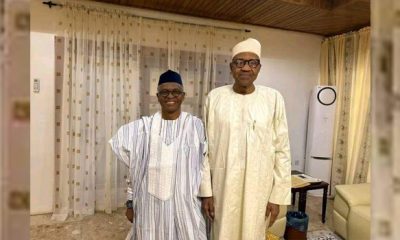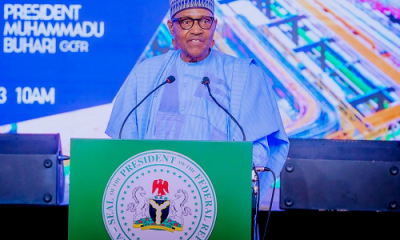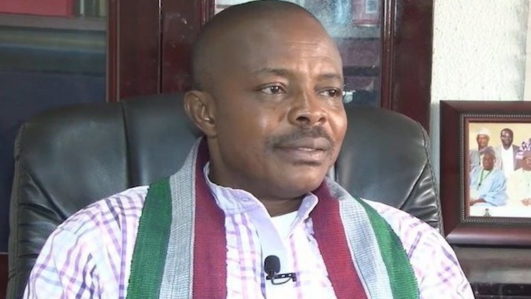President Muhammadu Buhari has signed the Electoral Act Amendment Bill 2022 into law.
The President signed the Bill at the Council Chamber of the Presidential Villa in Abuja, on Friday.
Present to witness the signing of the Bill were the Vice President, Professor Yemi Osinbajo; President of the Senate, Ahmed Lawan, and Speaker of the House of Representatives, Femi Gbajabiamila.
In his address, President Buhari said in line with established tradition, he received inputs from relevant ministries, departments and agencies of government after careful and thorough reviews of the Bill and its implications to democratic processes in Nigeria.
He said, “It is gratifying to note that the current Bill comes with a great deal of improvement from the previous Electoral Bill 2021. There are salient and praiseworthy provisions that could positively revolutionize elections in Nigeria through the introduction of new technological innovations. These innovations would guarantee the constitutional rights of citizens to vote and to do so effectively.
“The Bill would also improve and engender clarity, effectiveness and transparency of the election process, as well as reduce to the barest minimum incidences of acrimony arising from dissatisfied candidates and political parties.
“These commendable efforts are in line with our policy to bequeath posterity and landmark legal framework that paves the way for credible and sound electoral process that we would all be proud of.
“Distinguished Senators and Honourable Members of the National Assembly, from the review it is my perspective that the substance of the Bill is both reformative and progressive. I am making this bold declaration because I foresee the great potentials of the Bill. Worthy of note include the democratic efficacy of the Bill with particular reference to sections 3, 9(2), 34, 41, 47, 84(9), (10) and (11) among others.
“This, however, cannot be said about one provision as contained in the proposed Bill, which provision constitutes fundamental defect, as it is in conflict with extant constitutional provisions.
“Section 84 (12) constitutes a disenfranchisement of serving political office holders from voting or being voted for at Conventions or Congresses of any political party, for the purpose of the nomination of candidates for any election in cases where it holds earlier than 30 days to the National Election. The section provides as follows: “No political appointee at any level shall be voting delegate or be voted for at the Convention or Congress of any political party for the purpose of the nomination of candidates for any election”.
“This provision has introduced qualification and disqualification criteria that ultra vires the Constitution by way of importing blanket restriction and disqualification to serving political office holders of which they are constitutionally accorded protection.
“The practical application of section 84(12) of the Electoral Bill, 2022 will, if assented to, by operation of law, subject serving political office holders to inhibitions and restrictions referred to under section 40 and 42 of the 1999 Constitution (as amended).
“It is imperative to note that the only constitutional expectation placed on serving political office holders that qualify, by extension as public officers within the context of the constitution is resignation, withdrawal or retirement at least 30 days before the date of the election.
“Hence, it will be stretching things beyond the constitutional limit to import extraneous restriction into the constitution on account of practical application of section 84(12) of the bill where political parties’ conventions and congresses were to hold earlier than 30 days to the election.
“Arising from the foregoing, with particular regards to the benefits of the Bill, industry, time, resources and energy committed in its passage, I hereby assent to the Bill and request the Nationally Assembly to consider immediate amendments that will bring the Bill in tune with constitutionality by way of deleting section 84(12) accordingly.”

 News3 years ago
News3 years ago
 Entertainment2 years ago
Entertainment2 years ago
 News3 years ago
News3 years ago
 Privacy3 years ago
Privacy3 years ago
 Sports2 years ago
Sports2 years ago
 Entertainment2 years ago
Entertainment2 years ago
 News3 years ago
News3 years ago
 Opinion3 years ago
Opinion3 years ago
